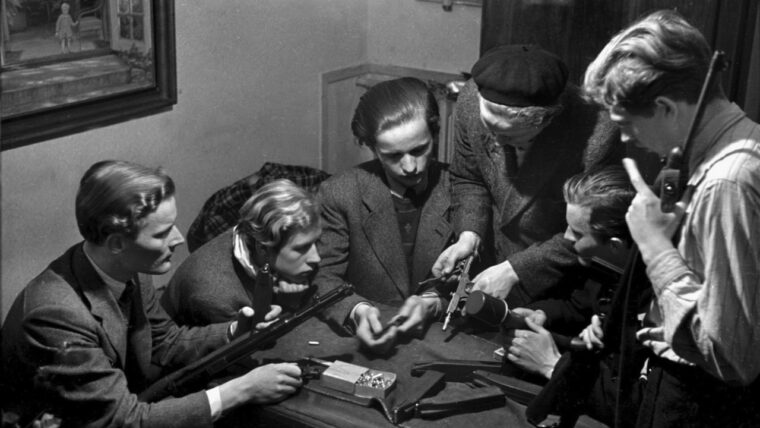
WWII Quarterly Summer 2016
Prisoner of the Gestapo: Freed by Words
By Susan ZimmermanWith war comes untold stories of unbroken spirits. These are universal stories without bounds and sides, some of which remain buried deep in psyches. Read more

WWII Quarterly Summer 2016
With war comes untold stories of unbroken spirits. These are universal stories without bounds and sides, some of which remain buried deep in psyches. Read more
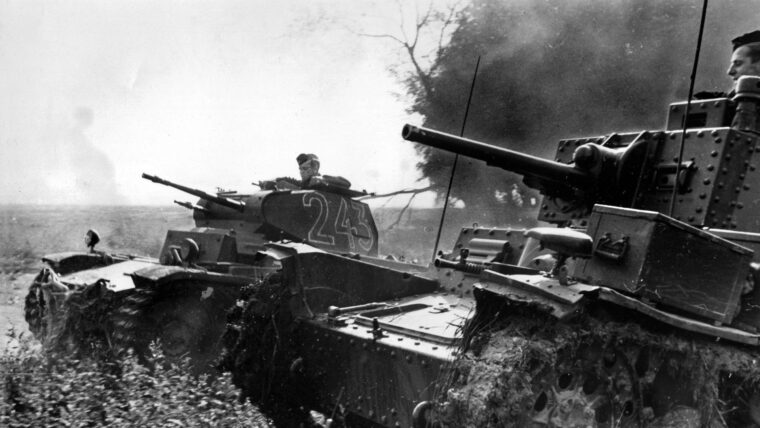
WWII Quarterly Summer 2016
In the early hours of May 14, 1940, General Alphonse Georges, the French commander of the northeast front, received bad news at his headquarters, the small but elegant 18th-century Chateau des Bondons, an hour’s drive east of Paris near the River Marne. Read more
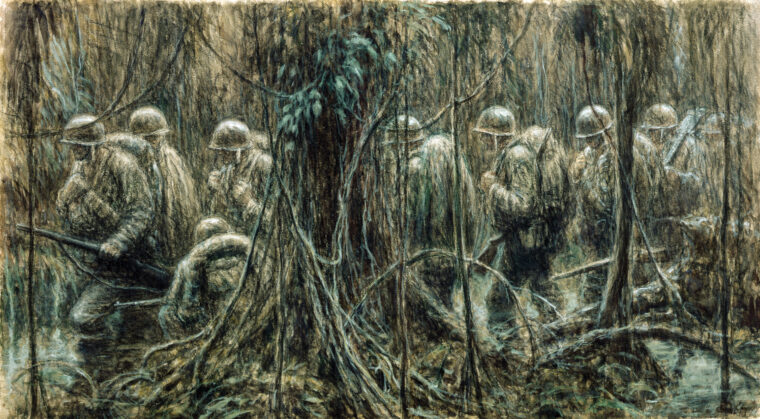
WWII Quarterly Summer 2016
Key Allied victories in the Pacific have been singled out as seminal turning points against the Japanese. The American Navy’s sinking of four enemy carriers at Midway crippled future Imperial Japanese Navy (IJN) initiatives on the scale mounted during the war’s initial six months. Read more
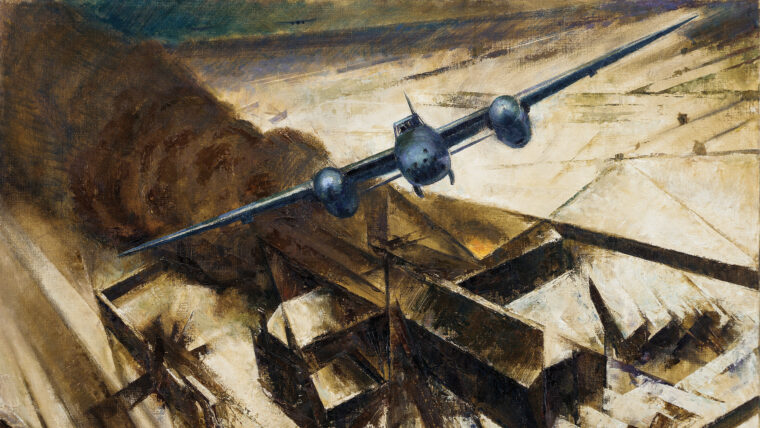
WWII Quarterly Summer 2016
Precise timing was crucial. More than 700 prisoners were being held in the Amiens prison, many of whom were being tortured by the Gestapo and were soon to be executed, according to reports that reached London. Read more
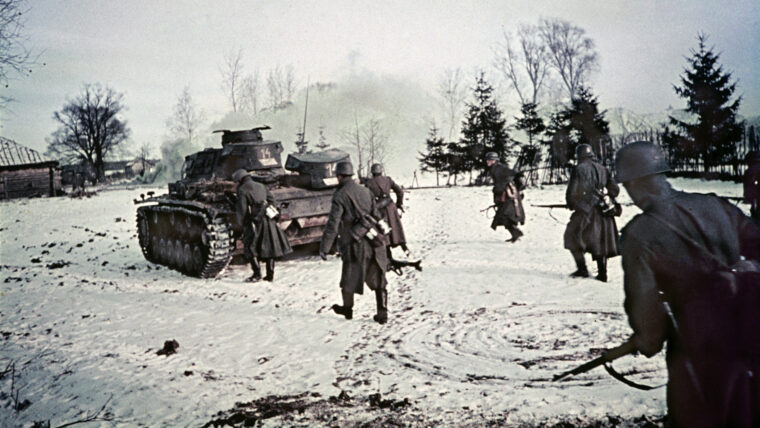
WWII Quarterly Summer 2016
Smolensk Russia, Headquarters, German Army Group Center (AGC), December 3, 1941; Army Group commander, 61-year-old Generalfeldmarschall Fedor von Bock is a troubled man. Read more
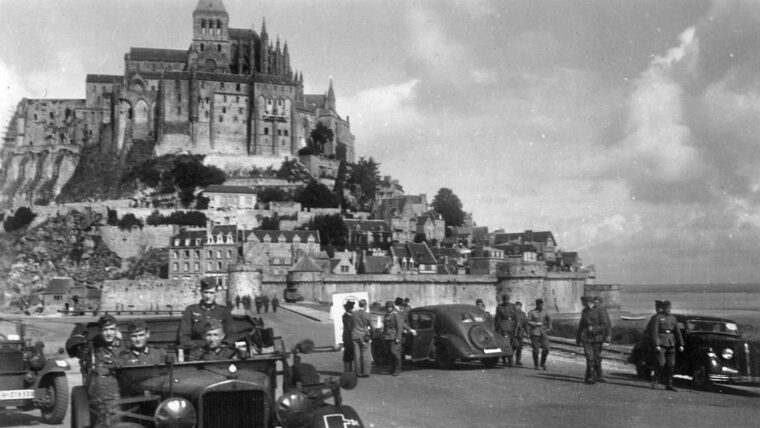
WWII Quarterly Summer 2016
Of all the landmarks in Europe, few are as distinctive and instantly recognizable as the medieval fortress/ monastery of Mont Saint Michel, located on the French coast seven miles southwest of the city of Avranches. Read more
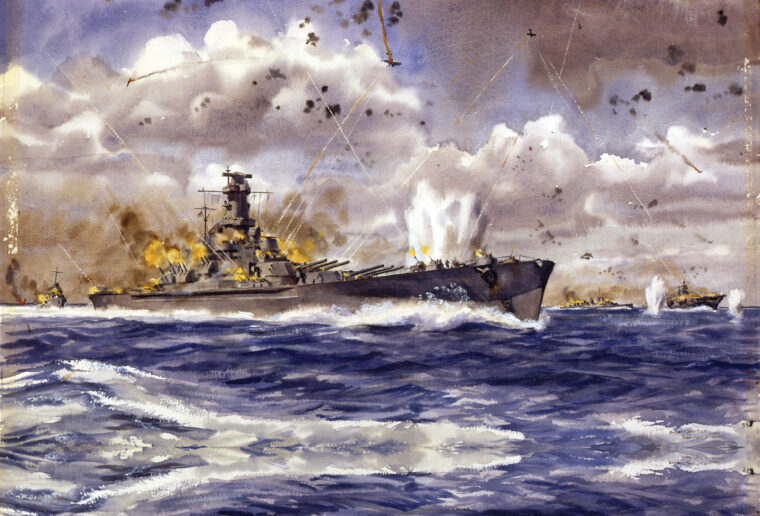
WWII Quarterly Summer 2016
During the early morning hours of October 26, 1942, several hours before the sun came up, Admiral William F. Read more
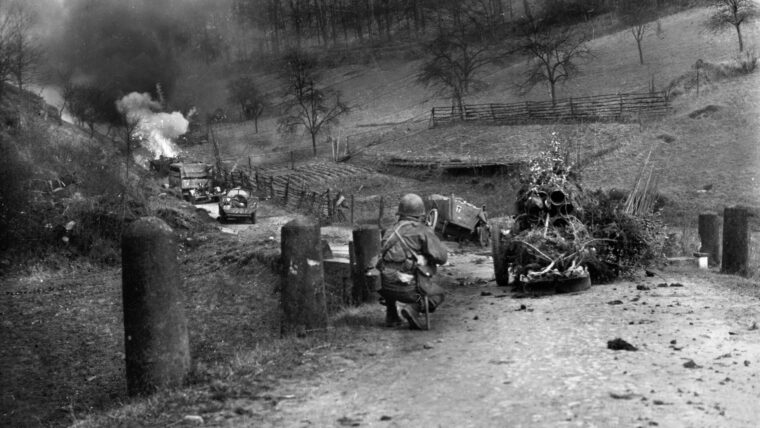
WWII Quarterly Summer 2016
On September 5, 1944, American intelligence estimates of German forces in the sector of the 80th Infantry Division, between Nancy and Metz in northeastern France, described scattered units and limited defenses along the east bank of the Moselle River. Read more